Introduction
Africa's fashion scene is exploding with talent, and at the forefront are these incredible women who are redefining what it means to be stylish. From breathing new life into traditional techniques to creating ultra-modern silhouettes, they're taking the world by storm, one dazzling design at a time. Let's meet these fashion queens
Lisa Folawiyo (Nigeria)
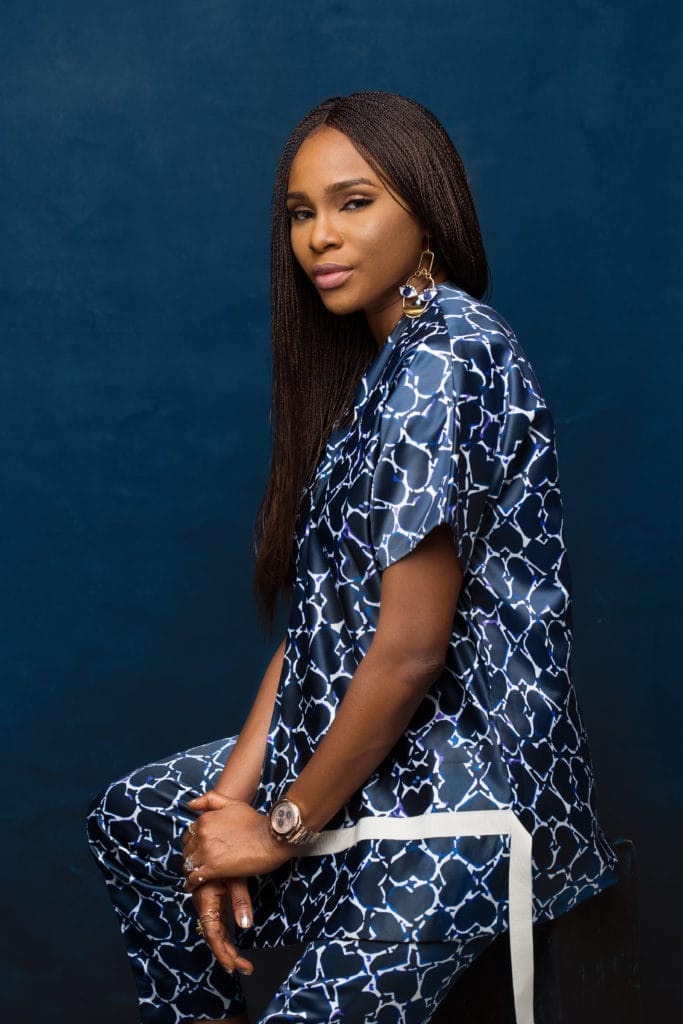
Hailing from Lagos, Nigeria, Lisa Folawiyo has carved out a niche for herself as one of Africa's most influential fashion designers. With a background in law, Folawiyo's journey into fashion began as a hobby, but her passion and creativity quickly propelled her to the forefront of the industry.
Folawiyo is renowned for her eponymous label, Lisa Folawiyo Studio, which fuses traditional African textiles with contemporary silhouettes to create stunning, one-of-a-kind pieces. Her signature embellished Ankara designs have garnered international acclaim, earning her a dedicated following among celebrities and fashion aficionados worldwide.
Loza Maleombho (Côte d'Ivoire)
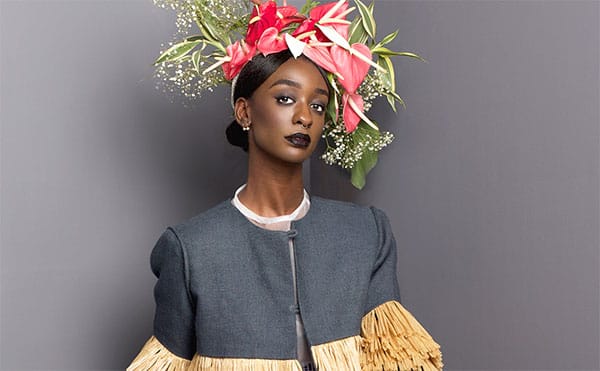
Born in Brazil and raised in Côte d'Ivoire, Loza Maleombho is a designer whose multicultural background is reflected in her bold, avant-garde designs. Drawing inspiration from her West African heritage and global travels, Maleombho's creations are a fusion of traditional craftsmanship and contemporary aesthetics.
With her eponymous label, Loza Maleombho, she has garnered attention for her architectural silhouettes, intricate detailing, and fearless use of colour and texture. Her designs have been showcased on international runways and worn by celebrities such as Beyoncé and Lupita Nyong'o, cementing her status as a rising star in the fashion world.
Lanre De Silva Ajayi (Nigeria)
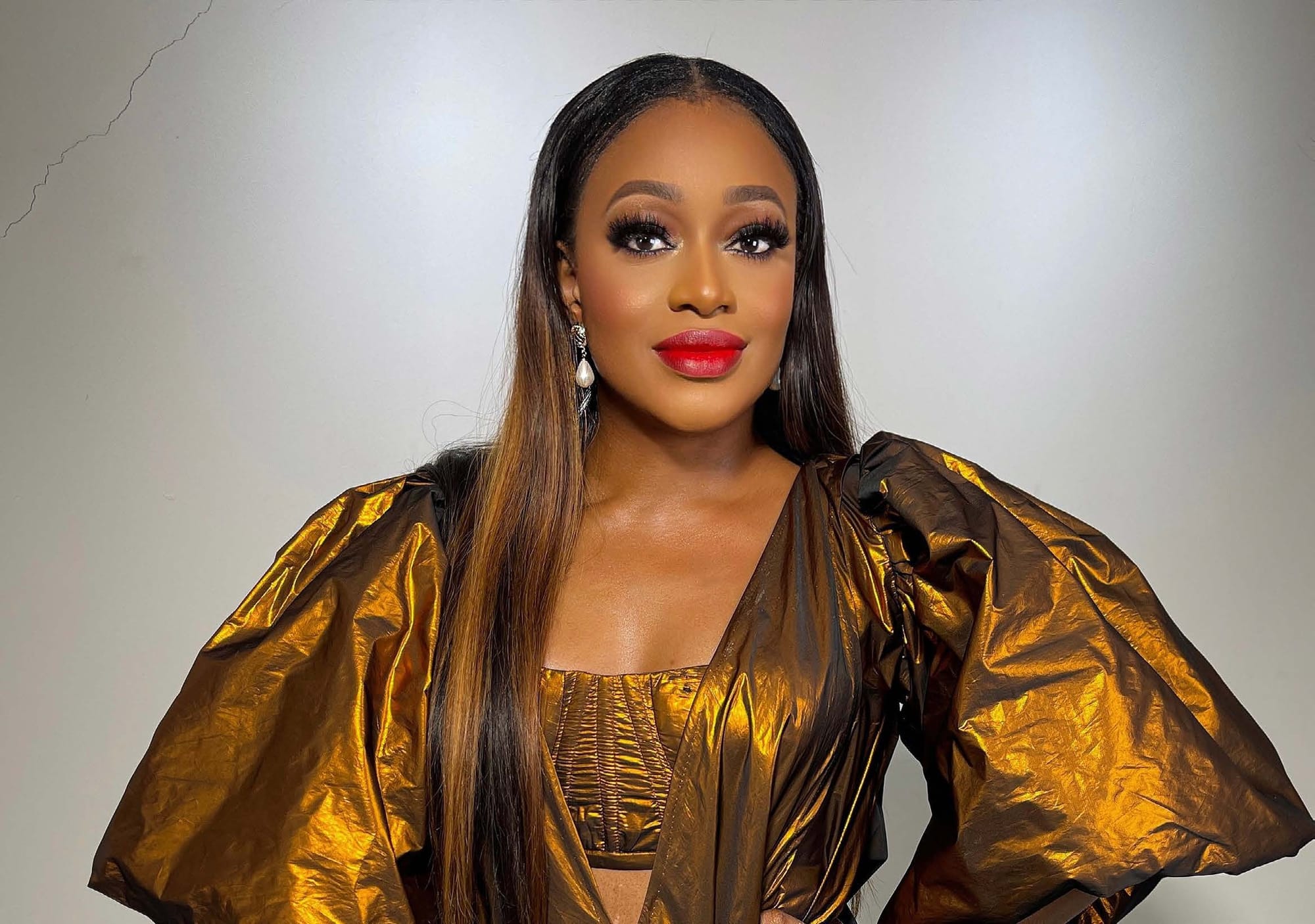
Lanre De Silva Ajayi is a name synonymous with elegance, sophistication, and timeless style. Based in Lagos, Nigeria, Ajayi has become known for her couture creations that blend traditional Nigerian fabrics with contemporary design elements.
With her eponymous label, De Silva Ajayi has dressed royalty, celebrities, and discerning clientele alike, earning a reputation for her impeccable craftsmanship and attention to detail. Her designs, which often feature intricate beading, embroidery, and hand-painted motifs, celebrate the rich cultural heritage of Nigeria while exuding modern glamour.
Aisha Ayensu Obuobi (Ghana)
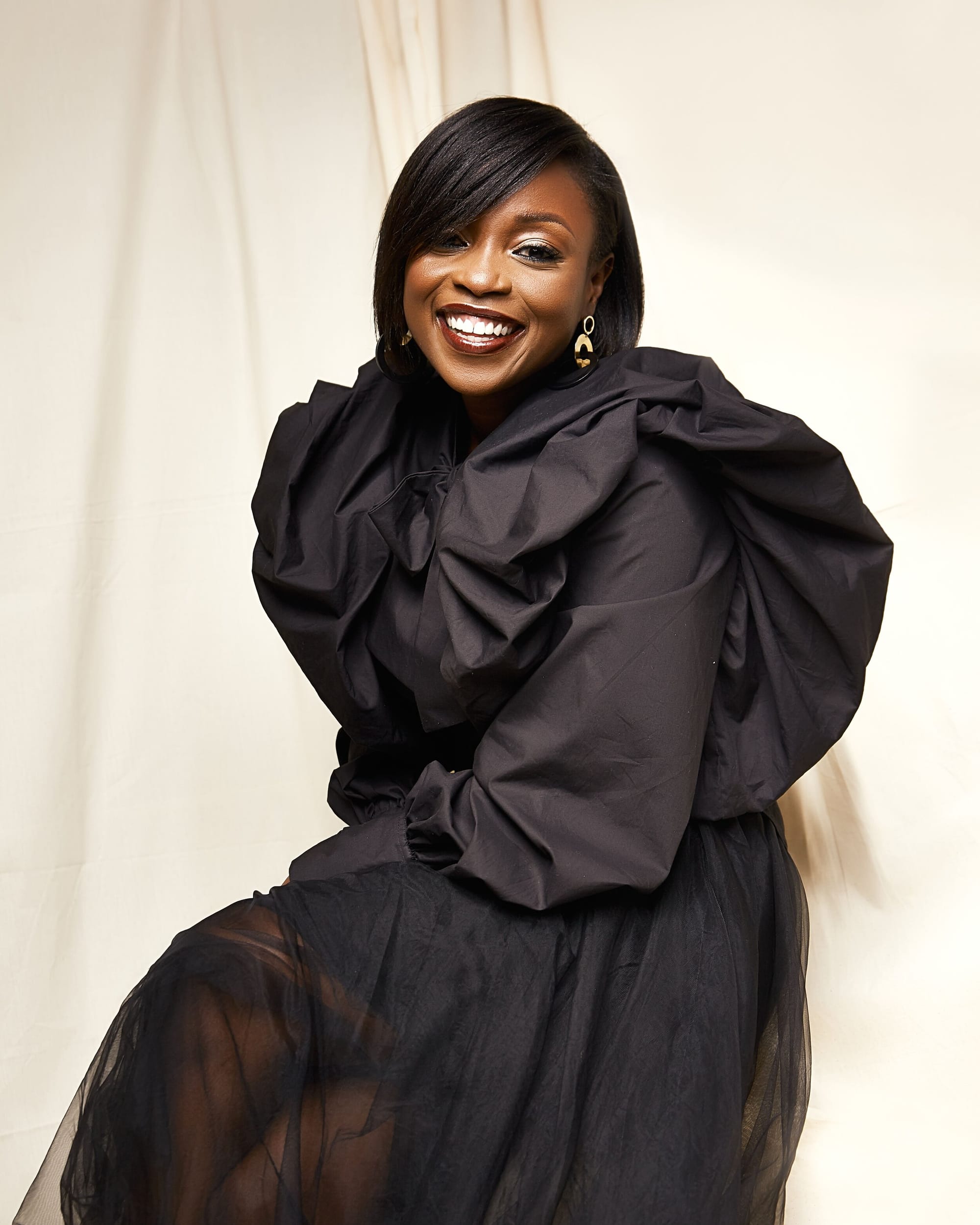
From the vibrant streets of Accra, Ghana, Aisha Ayensu Obuobi has emerged as a force to be reckoned with in the world of fashion. As the creative director of Christie Brown, a Ghanaian luxury fashion brand, Obuobi has gained recognition for her bold, contemporary designs that celebrate African culture and heritage.
With a background in graphic design and a keen eye for detail, Obuobi infuses her collections with striking prints, vibrant colours, and innovative silhouettes, creating pieces that are both visually stunning and culturally resonant. Her designs have been showcased on international runways and worn by celebrities and dignitaries, earning her a reputation as one of Africa's leading fashion talents.
Katungulu Mwendwa (Kenya)
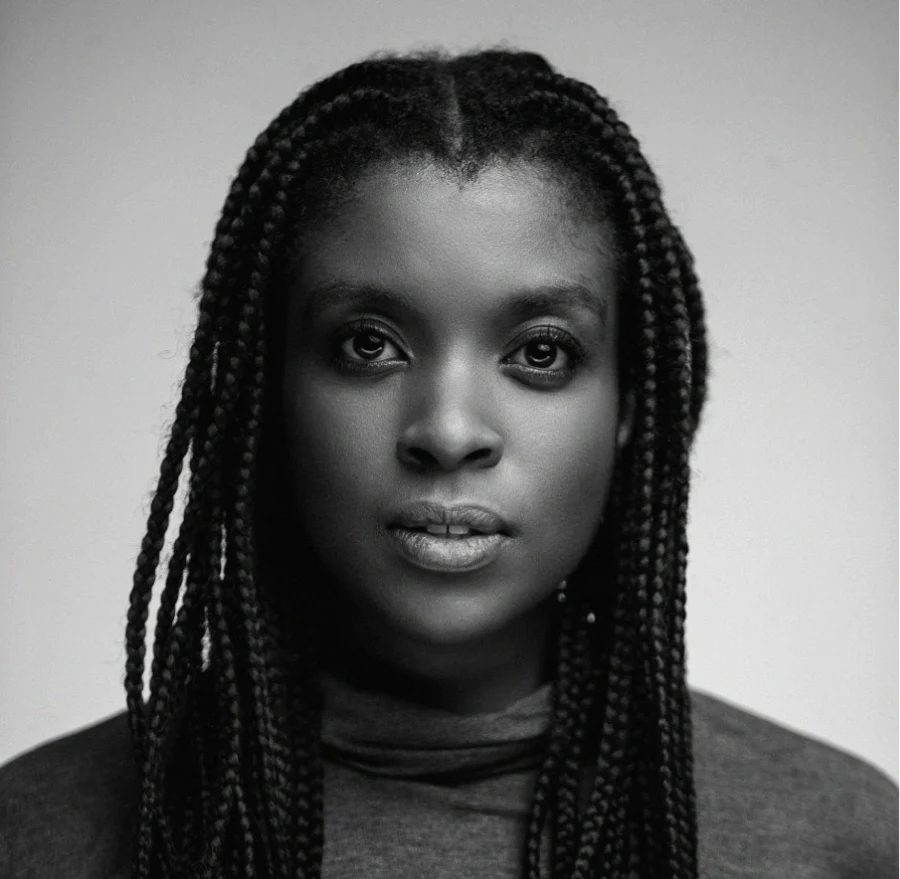
Hailing from Nairobi, Kenya, Katungulu Mwendwa is a designer whose minimalist aesthetic and commitment to sustainability have earned her acclaim both at home and abroad. With her eponymous label, Mwendwa creates modern, understated pieces that celebrate the beauty of African textiles and craftsmanship.
Drawing inspiration from her Kenyan heritage and global influences, Mwendwa's designs are characterised by clean lines, natural fabrics, and thoughtful details. She is known for her innovative approach to pattern-making and garment construction, creating garments that are as comfortable as they are chic.
Conclusion
These five extraordinary women are not just fashion designers; they are trailblazers, visionaries, and cultural ambassadors who are reshaping the global fashion landscape with their creativity, innovation, and passion. In addition to their fashion endeavors, they are also vocal advocates for environmental conservation and ethical fashion practices. They prioritise sustainability in her design process, using eco-friendly materials and production methods. Through their work, they challenge stereotypes and empower women to embrace their cultural heritage while forging their own path in life. They also collaborate with local artisans and craftsmen, empowering communities and preserving traditional techniques while creating modern, luxurious pieces that celebrate African heritage.

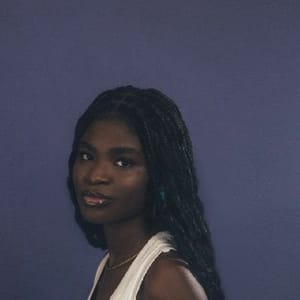
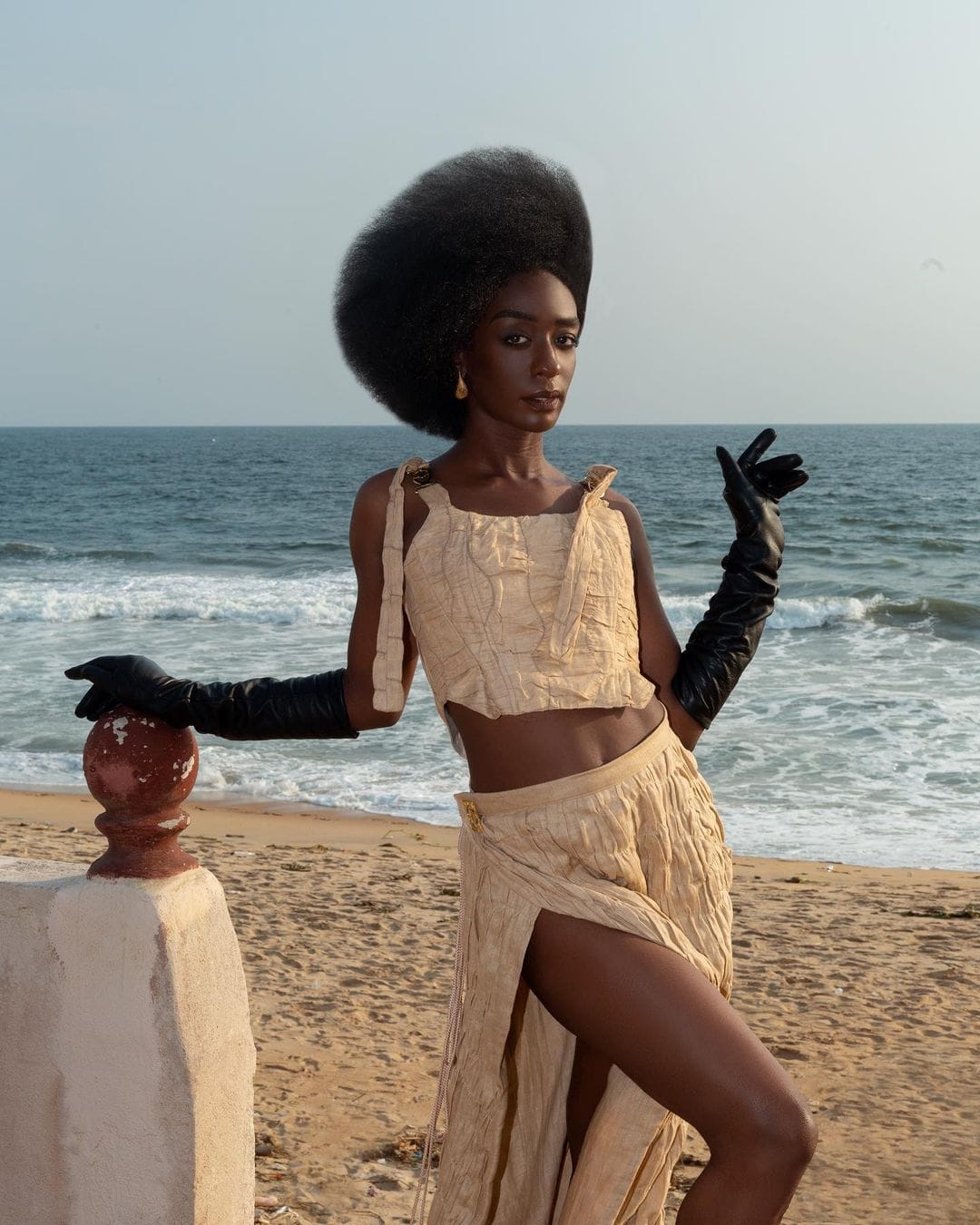

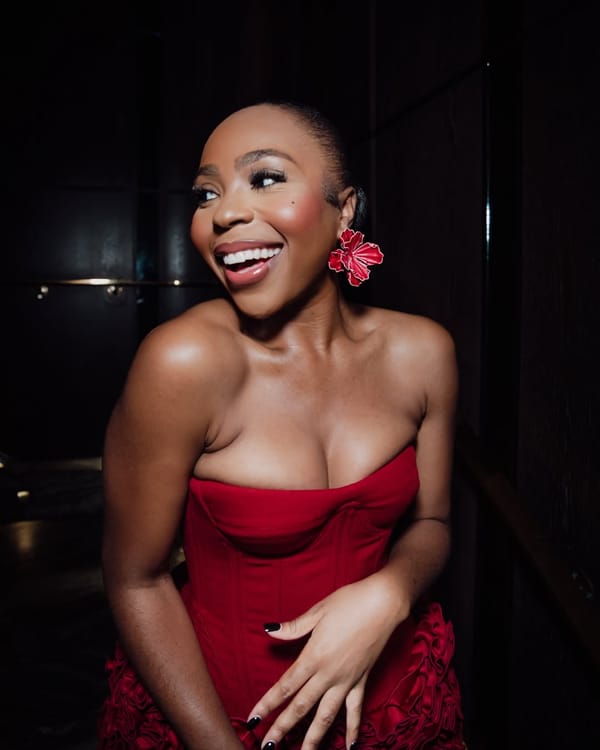
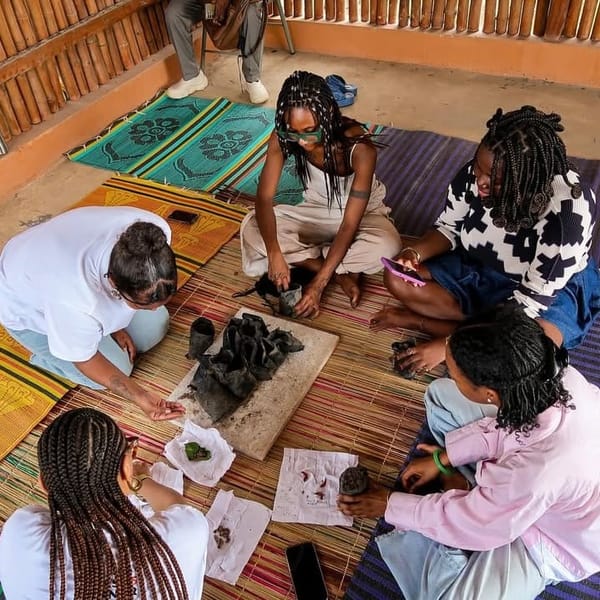
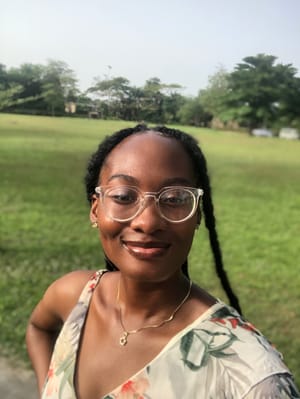
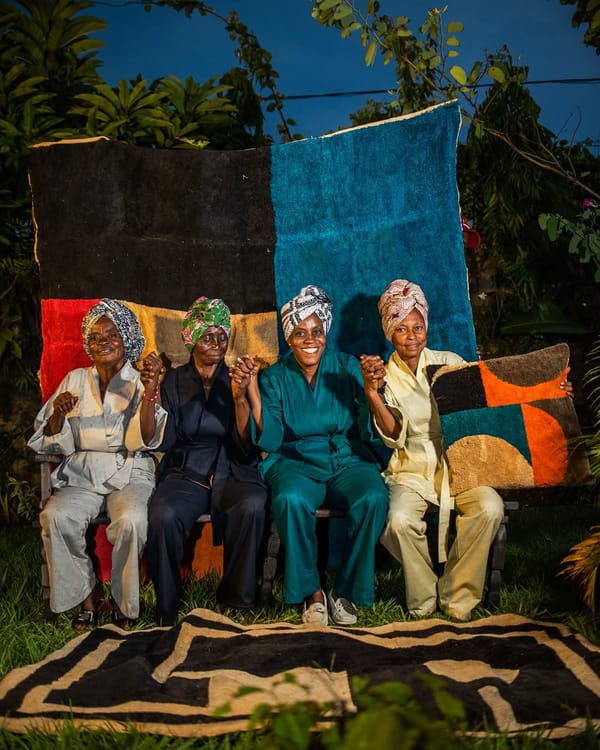
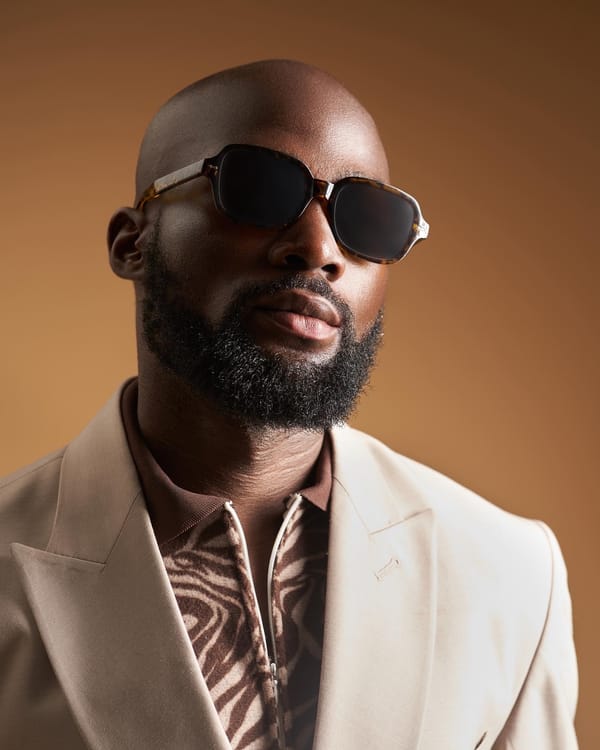
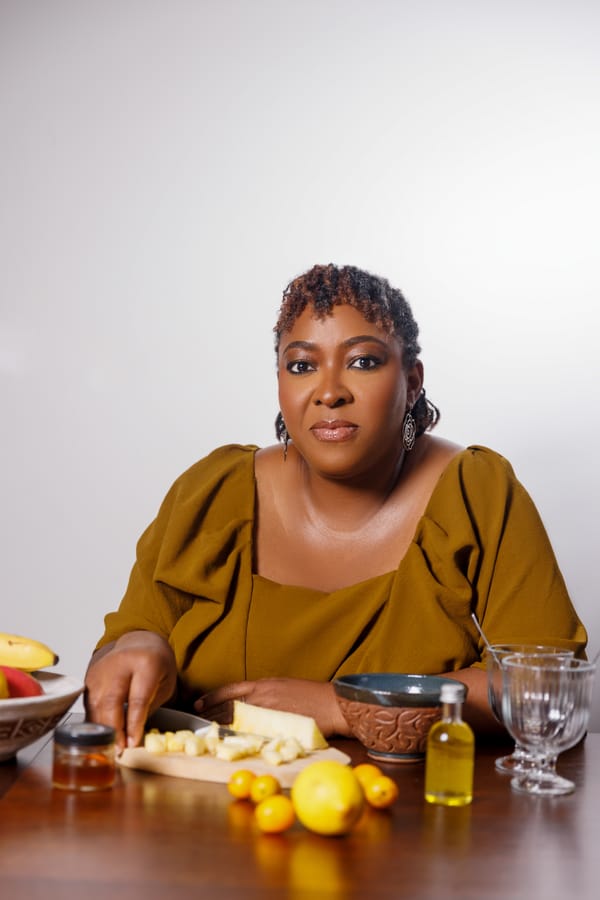
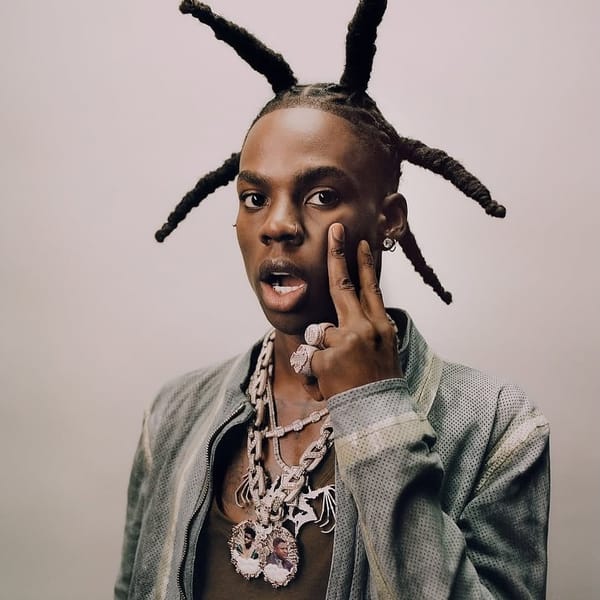
Member discussion